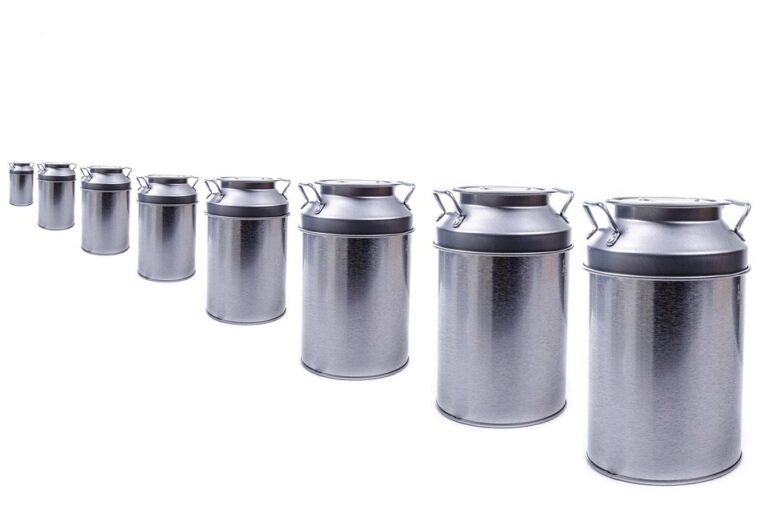
Understanding the Common Types of Iron Supplements: A Comprehensive Guide for Health Enthusiasts
Iron deficiency is a global health issue affecting millions, particularly among women and children. As a vital mineral, iron plays a crucial role in the production of haemoglobin, which is essential for oxygen transport in the bloodstream. With a plethora of iron supplements available on the market, how does one navigate this sea of options? Here, we delve into the common types of iron supplements, their unique characteristics, and considerations for their use.
1. Ferrous Sulfate: The Gold Standard
Often heralded as the go-to choice for iron supplementation, ferrous sulfate is a widely prescribed form. It boasts a high bioavailability, meaning that a significant portion of the ingested iron is absorbed by the body. A standard dosage typically contains around 65 mg of elemental iron per tablet. However, it is not without its drawbacks; gastrointestinal side effects such as constipation and nausea are commonly reported. A study published in the American Journal of Clinical Nutrition emphasises that while ferrous sulfate is effective, it may require co-administration with food to mitigate these uncomfortable symptoms, albeit at the expense of absorption efficiency.
2. Ferrous Gluconate: A Gentler Alternative
For those sensitive to the harsh effects of ferrous sulfate, ferrous gluconate presents a more tolerable alternative. With a lower elemental iron content—around 12 mg per tablet—users may find it easier on the gut. However, this lower dosage may necessitate a higher intake to achieve therapeutic levels. An article in the Journal of Nutritional Science indicates that while ferrous gluconate is less effective in some cases, it can be a suitable option for individuals with milder deficiencies or those who have experienced adverse reactions to other forms.
3. Ferric Citrate: The Multi-Tasker
Ferric citrate is a newer player in the realm of iron supplements and has gained attention for its dual role in iron supplementation and phosphate-binding. Particularly beneficial for those with chronic kidney disease, it offers a unique advantage by managing iron levels while simultaneously controlling phosphate absorption. A clinical trial published in Kidney International noted that ferric citrate not only improved iron levels but also contributed positively to the overall health of patients. However, its availability may be limited, and further research is needed to establish long-term efficacy.
4. Iron Bisglycinate: The Absorption Champion
Iron bisglycinate, a chelated form of iron, is increasingly favoured for its superior absorption profile and minimal gastrointestinal discomfort. This form binds iron to the amino acid glycine, facilitating better uptake by the digestive system. Research highlighted in the European Journal of Nutrition shows that iron bisglycinate can significantly enhance iron levels with fewer side effects compared to traditional forms. However, it is often more expensive, leading some to question whether the cost is justified for those on a budget.
5. Liquid Iron Supplements: A Convenient Option
For those who struggle with tablets or capsules, liquid iron supplements provide a palatable alternative. They are often flavoured, making them more appealing, particularly for children. However, the elemental iron content varies widely across brands, leading to potential confusion regarding dosing. It’s essential to read labels carefully and consult with healthcare professionals to determine the appropriate dosage.
Navigating the Iron Supplement Landscape
Choosing the right iron supplement is not merely a matter of preference; it requires an understanding of one’s individual health needs, dietary habits, and potential side effects. Consulting with a healthcare provider is crucial, especially for those with pre-existing conditions or those taking other medications. Furthermore, it’s important to remember that iron supplementation should ideally be accompanied by a balanced diet rich in vitamin C, which enhances iron absorption.
Iron supplements are not a one-size-fits-all solution; each type has its own set of benefits and drawbacks. As we continue to navigate our health journeys, being informed about these options empowers us to make better choices.
At BargainsTrust, we remain committed to keeping you informed with a curated selection of valuable health insights and product recommendations. Your journey to optimal health starts here.






